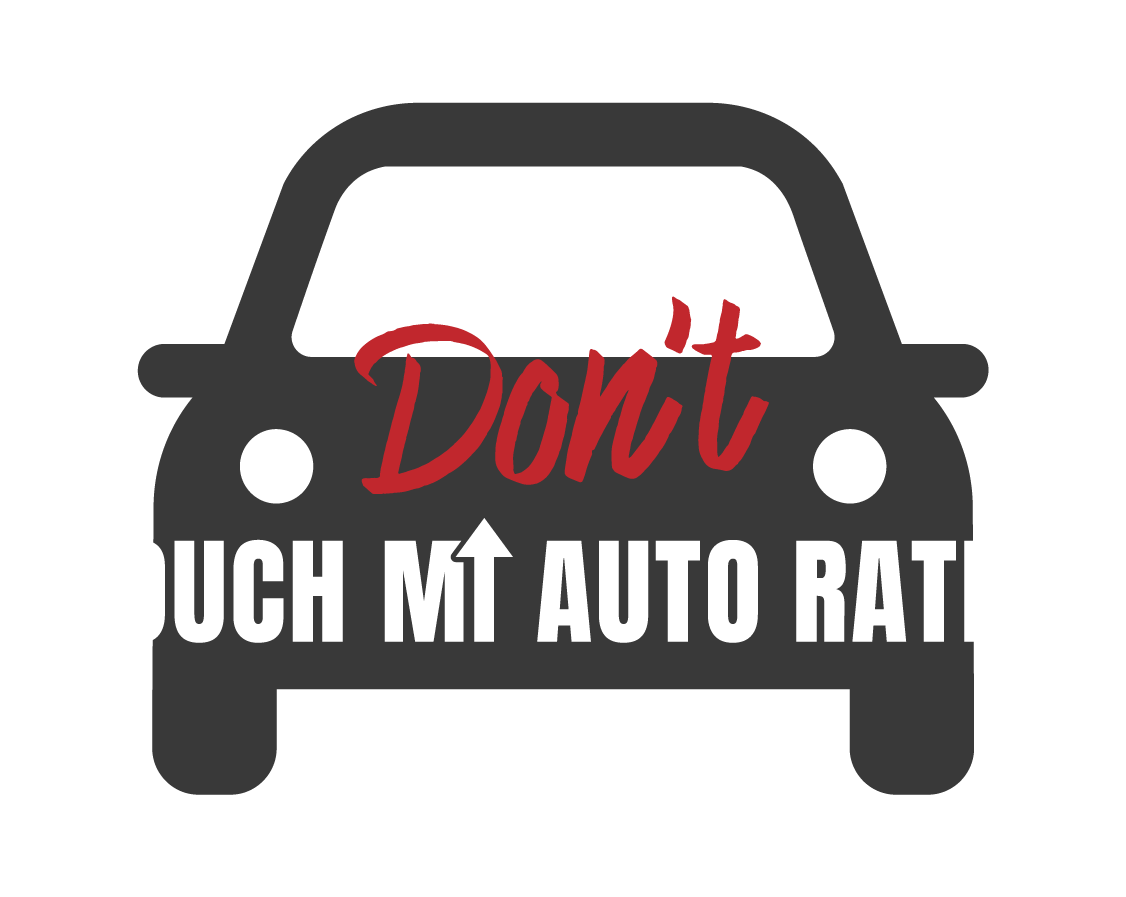The Detroit News: Eveleth: Auto no-fault reform is working
Nearly five years since Gov. Gretchen Whitmer signed bipartisan auto no-fault reforms into law, Michigan’s 7.2 million drivers have put more than $6.5 billion in savings back into their own pockets.
Additionally, a recent report from Insurify shows Michigan has moved from the most expensive state in the nation for auto insurance down to ninth, despite maintaining unlimited medical coverage as an option — by far the most generous benefits of any state in the U.S.
Under the outdated broken system, every Michigan driver was mandated to pay for unlimited medical coverage even if they didn’t need it. Today, nearly 2 million people across our state — nearly 1 out of 4 drivers — are taking advantage of new choices now available to them regarding which level of personal injury protection (PIP) coverage they want.
Because of these bipartisan reforms, more than 200,000 previously uninsured drivers have purchased auto insurance, a testament to the rising affordability and accessibility brought about by no-fault reforms.
Some groups would like to turn back the clock on these reforms.
Their latest attempt is pushing Senate Bills 530, 531 and 575, which would increase costs for drivers, particularly impacting those in low-income communities, and enrich medical providers who want to gouge and overcharge consumers for routine medical procedures.
These bills are a far cry from a “narrow fix” to the issue of medical care and product reimbursements for those injured after 2019, as some would lead you to believe.
If these bills pass, the nurse helping a person who is catastrophically injured is not going to get a higher paycheck — it’s the middlemen who cash in from a change in the law. In fact, this legislation would open the floodgates for medical providers to charge whatever they like and face little accountability. The reasonable medical fee schedule now utilized under auto no-fault is designed to thwart overcharging and rein in rising costs. It’s modeled after cost controls under health insurance, Medicare or even workers’ compensation.
The bottom line? If this legislation were to pass in its current form, the Insurance Alliance of Michigan estimates drivers choosing unlimited will pay $200-300 more per car each year, while those selecting PIP coverage other than unlimited would see a $100-200 increase per vehicle annually. This amounts to at least $1.2 billion in higher costs being borne by Michigan families and small businesses.
Policymakers and elected leaders have an opportunity to keep these reforms in motion. Changes to the law should comprise a more narrow fix that ensures rates will not surge. But these Senate bills are not the solution.
